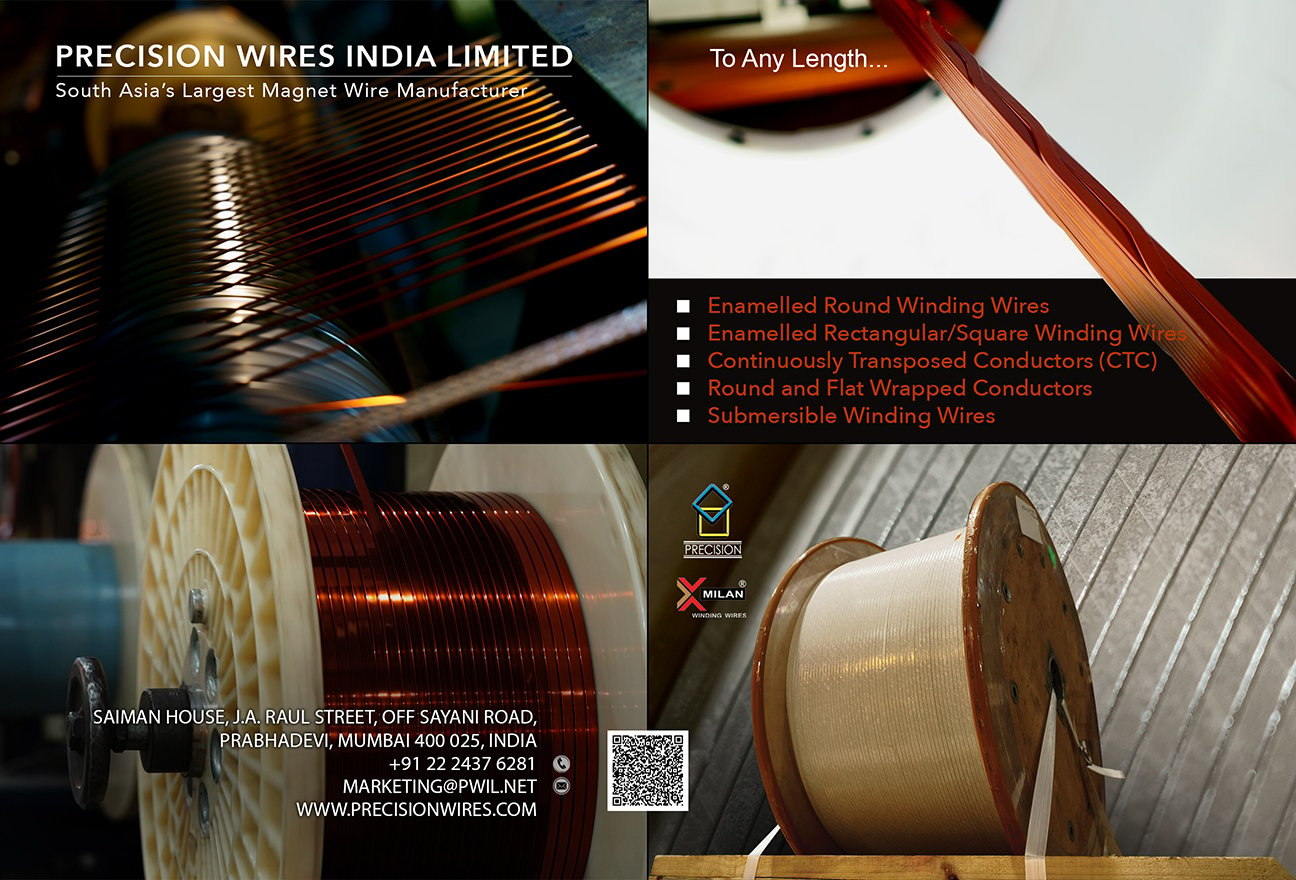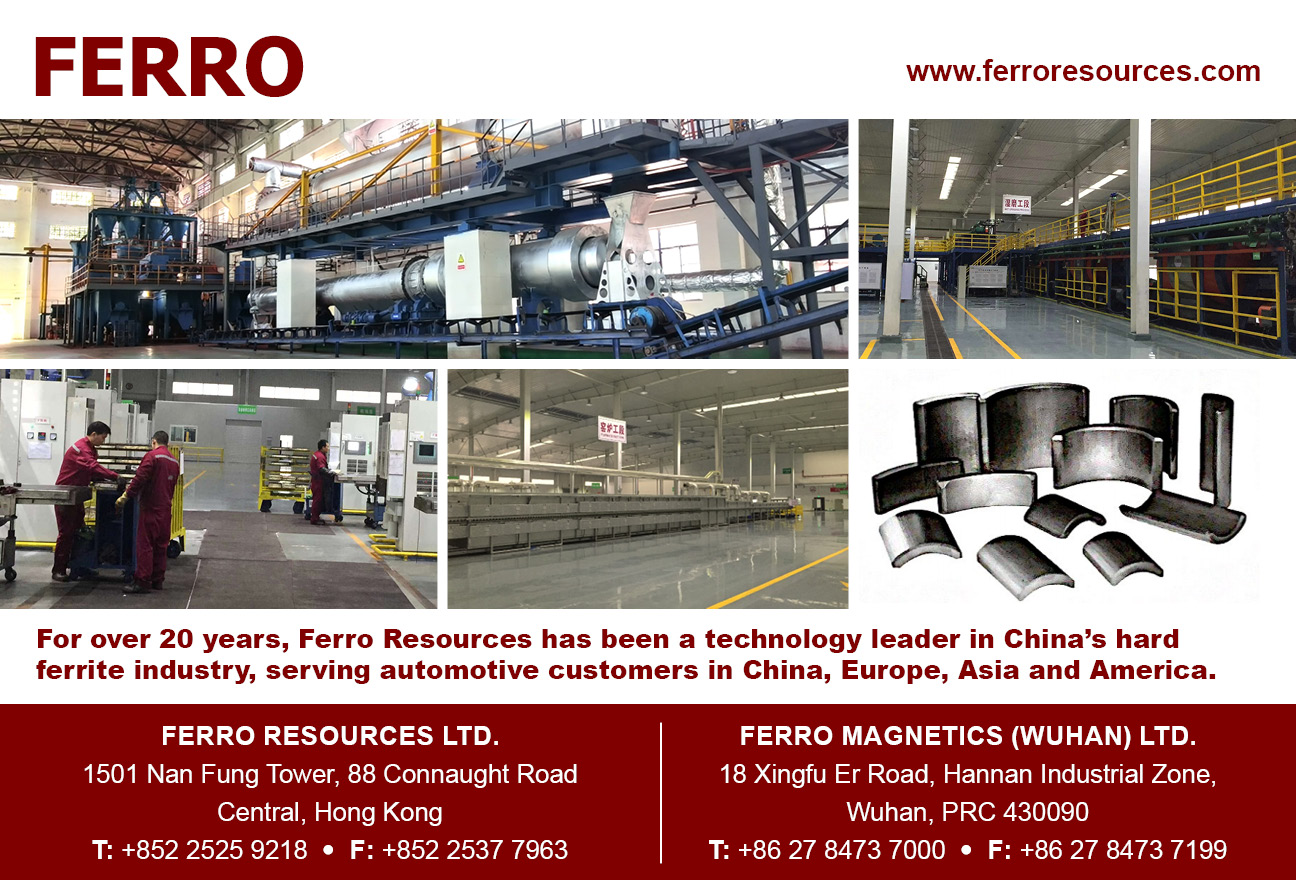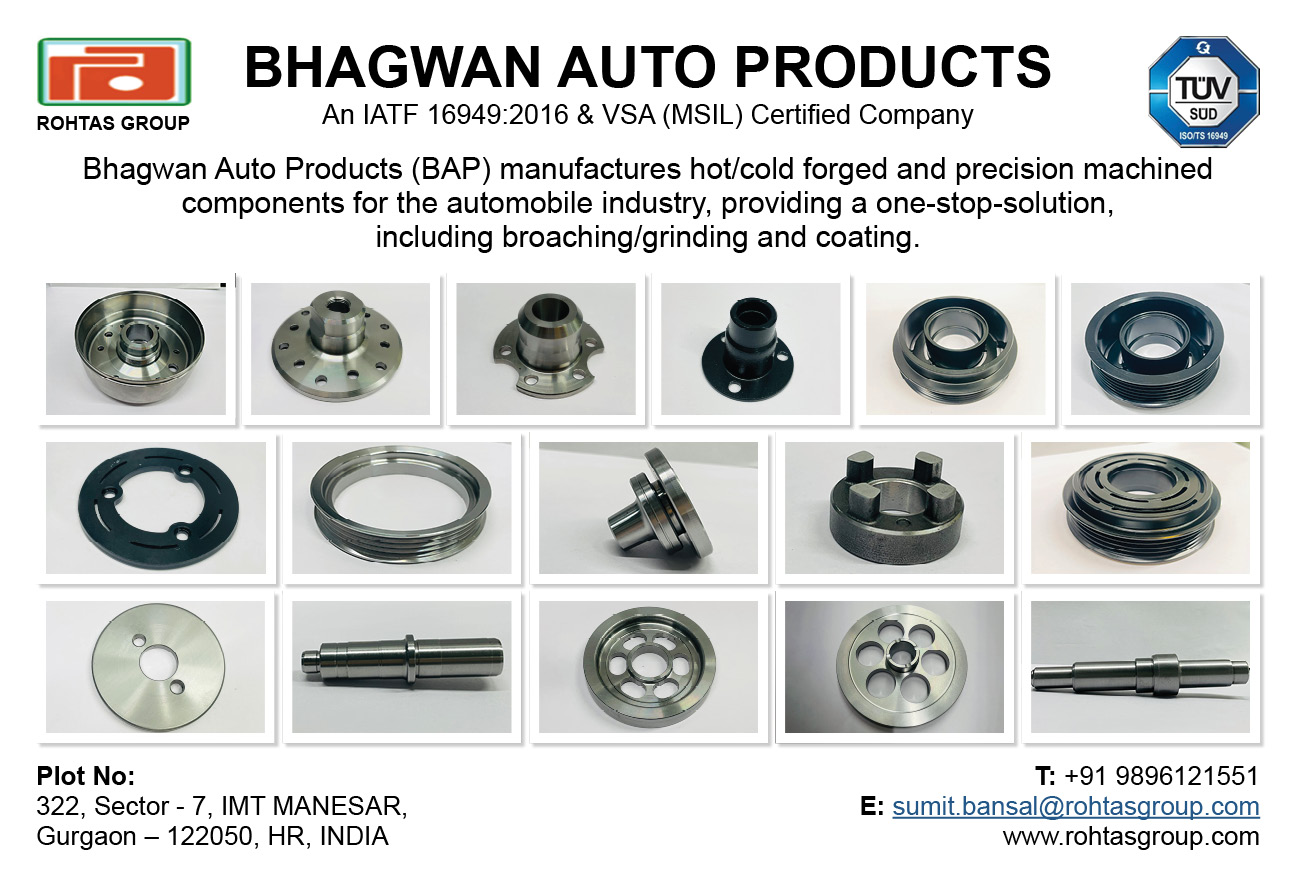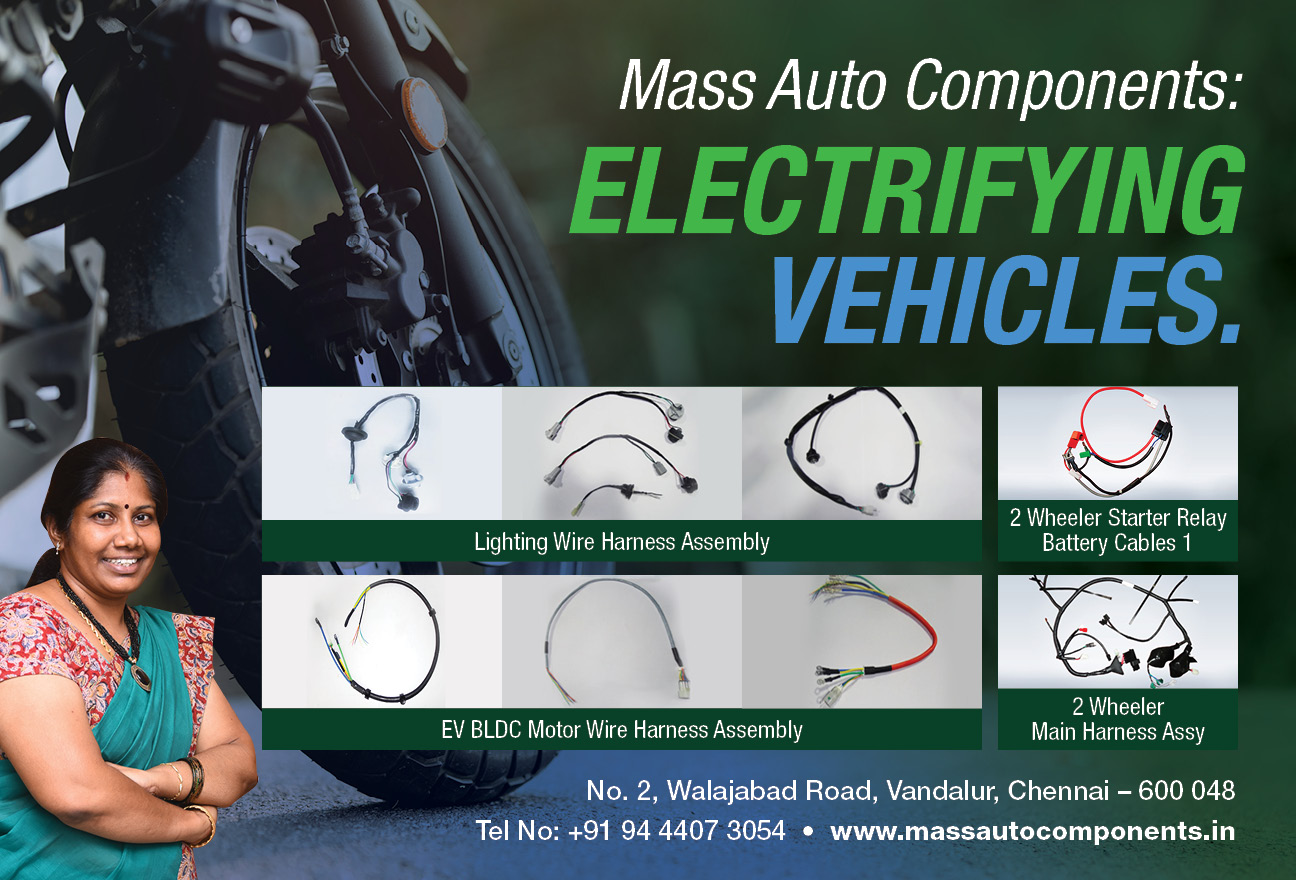Japan is home to two entities with the same name, and both sit on opposite ends of a very strange spectrum. On one side is the three-leaf parsley known as mitsuba; on the other side is MITSUBA, one of the nation’s leading manufacturers of automotive components.
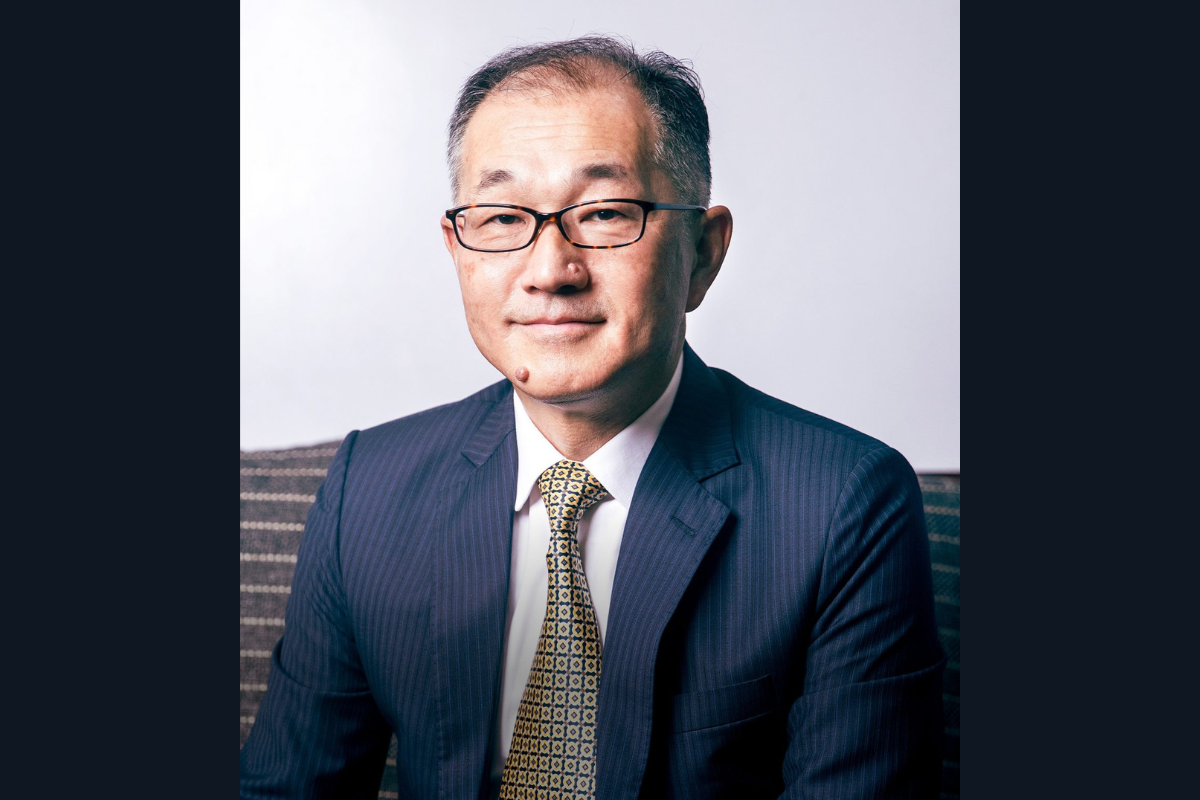
While the pair share a name and a home, on the surface that’s where the connections end. Look closer, however, and other similarities become apparent: versatility, evergreen viability and a multitude of applications around the world. Suddenly, the name MITSUBA makes sense.
The plants of MITSUBA are entirely different from the humble herb, though. To create its impressive portfolio of car and motorcycle products, the company has production plants in 16 locations around the world, including Japan, North and South America, Europe, China, South-East Asia and India.
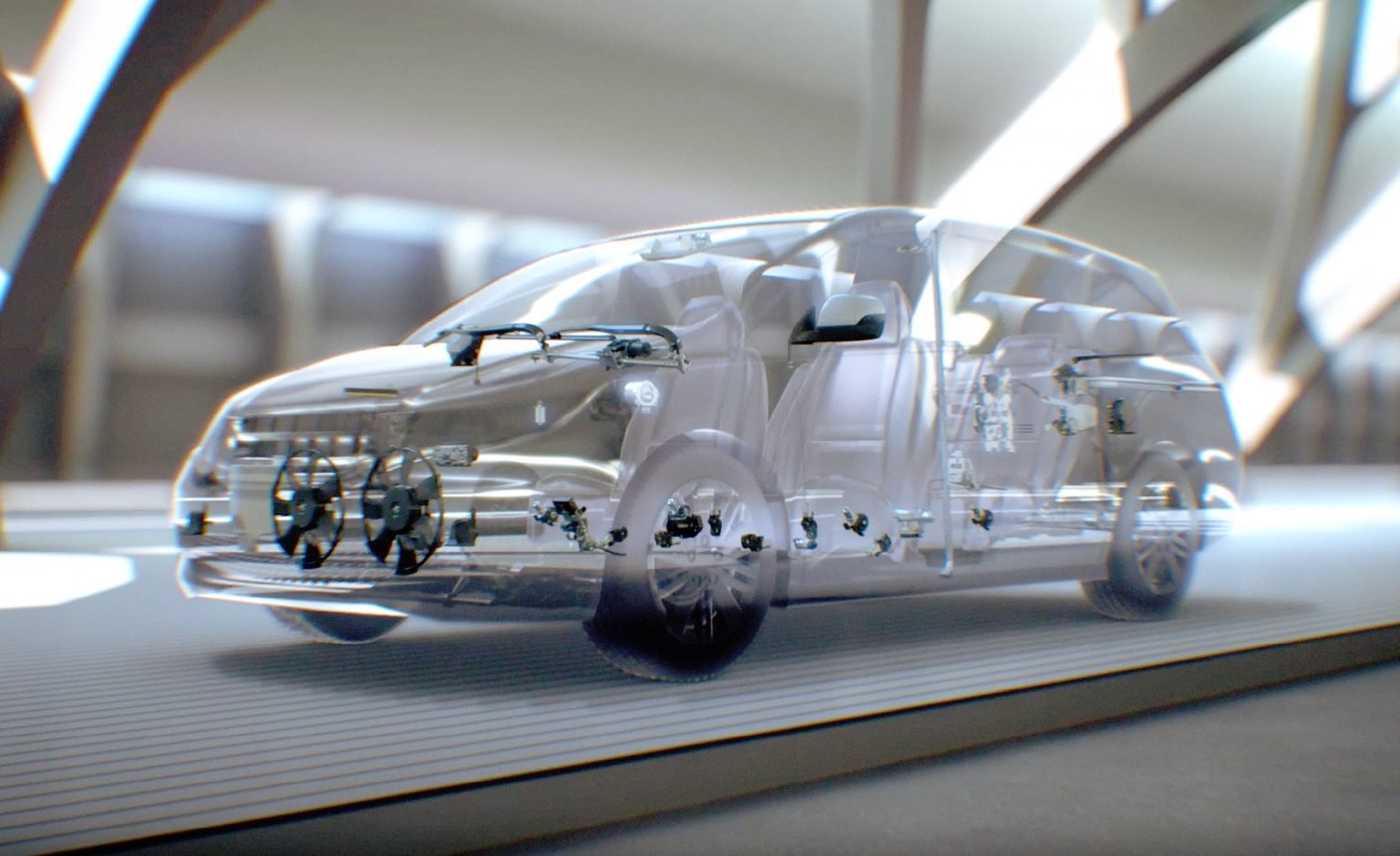
Headquartered in Tamil Nadu, MITSUBA India has four plants in its charge, which is a sizable number, particularly when compared to MITSUBA’s six in Japan. Chennai, Gurugram, Pune and Ahmedabad all feature a MITSUBA plant that produces various products from windshield wiper systems and AC generators to starter motors and cooling fans.
Despite this, MITSUBA India was seen as a lower-tier part of the greater MITSUBA family before Yusuke Ichikawa was appointed its Managing Director in 2018.
“We needed to improve our operations in India,” he tells The CEO Magazine. “Before I was appointed to the role, I often thought about how we could improve the plant. I realized that India is a very young country full of talented people, and we had many such talented employees working for us at MITSUBA India.”
People power
How best to use those people and their skills to improve MITSUBA India’s performance was front of Ichikawa’s mind when he arrived in the country from Japan, where he’d just wrapped up a six-year run as MITSUBA’s General Manager of Purchasing.
“The key to turning things around was creating a better working environment,” he recalls. “As soon as I took on the role, I began working to provide a workplace where employees are always smiling and working to the best of their abilities.”
Five years on, Ichikawa seems to have achieved his mission, at least according to all the parties involved.
“The employees are all highly motivated, and it shows,” he confirms. “Whenever MITSUBA Corporation visitors arrive, they can see that MITSUBA India has greatly improved.”
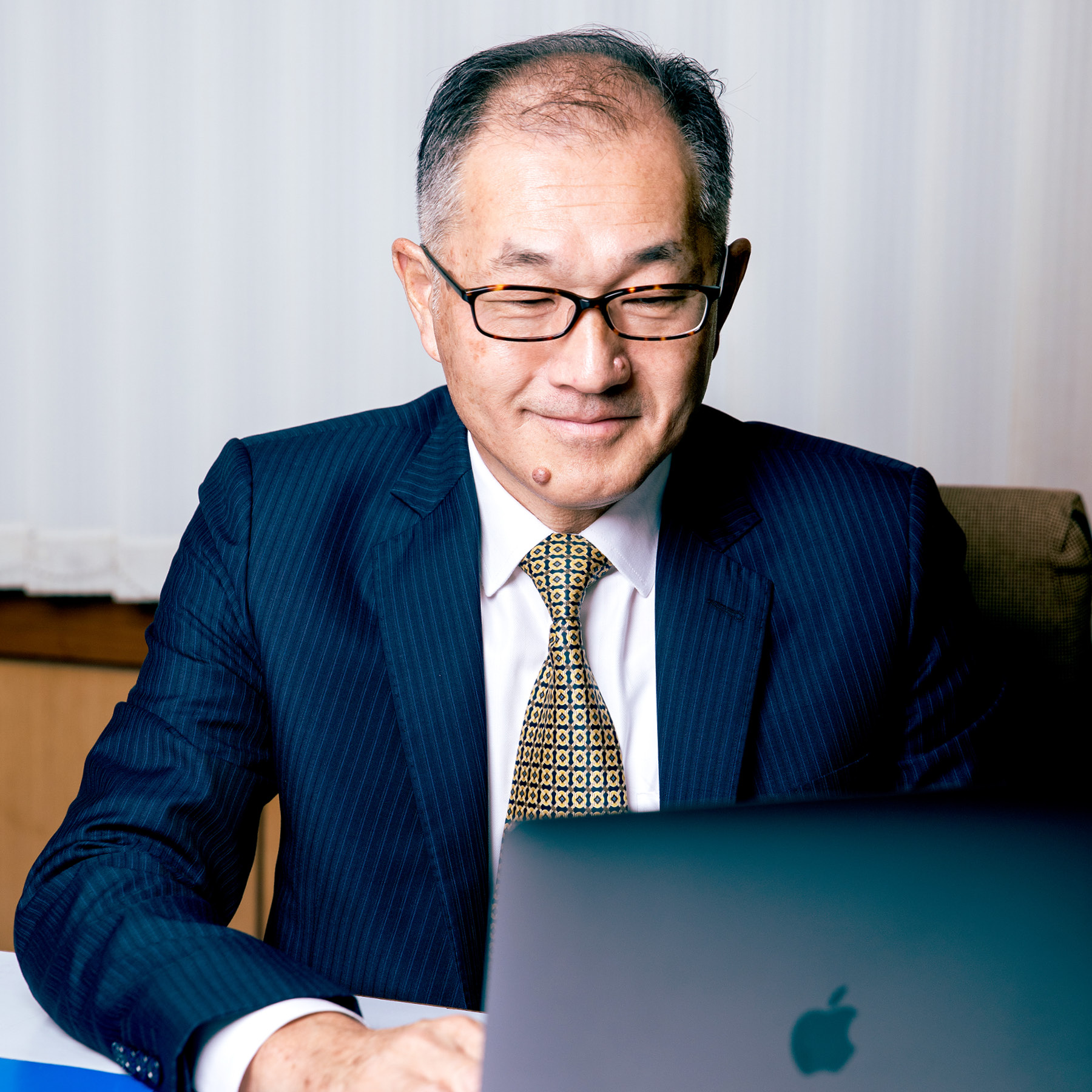
As soon as I took on the role, I began working to provide a workplace where employees are always smiling.
Improving employee morale has allowed Ichikawa and his team to get on with the business of business.
“MITSUBA India’s main market in the country is two-wheeler vehicles,” he says. “They make up 75 percent of sales; the other 25 percent is four-wheelers.”
As India joins the electric vehicle (EV) revolution, MITSUBA India has pivoted to make its two-wheeler product line compatible with EVs made by top manufacturers.
“At the moment, we produce starter motors and fuel pumps. Once the EVs roll out at an even larger scale, these products will become diminished in our portfolio,” he predicts.
MITSUBA India’s R&D team is thus hard at work developing EV-ready parts for whatever lies ahead.
“We want to increase our share of two-wheeler EVs, to develop and sell them in India,” Ichikawa explains. “We’d also like to improve our four-wheeler product sales, which would also be compatible with EVs. That’s our mission at the moment.”
Long road
Changing with the times is part and parcel of being in the automotive business for as long as MITSUBA has. In 1946, when a post-war Japan struggled to return to normalcy, bicycles were a popular and inexpensive way of getting around. This is where the company got its start.
From bicycle generator lamps to car horns to wiper motors, it steadily advanced into the automotive parts space. The dawn of the 1960s saw a boom in motorcycle and ride-on scooter sales, and MITSUBA was there with starters and other parts.
Two decades later, MITSUBA rode the crest of Japanese car manufacturers’ penetration of the American market. American MITSUBA Corporation was established in the automotive state of Michigan in 1986, shortly after Ichikawa began his journey with the business.
“I started as a material and parts buyer for MITSUBA in Japan,” he says. “In 1989, they appointed me to the same role at American MITSUBA, and I was there for six years before I took charge as Purchasing Manager back in Japan.”
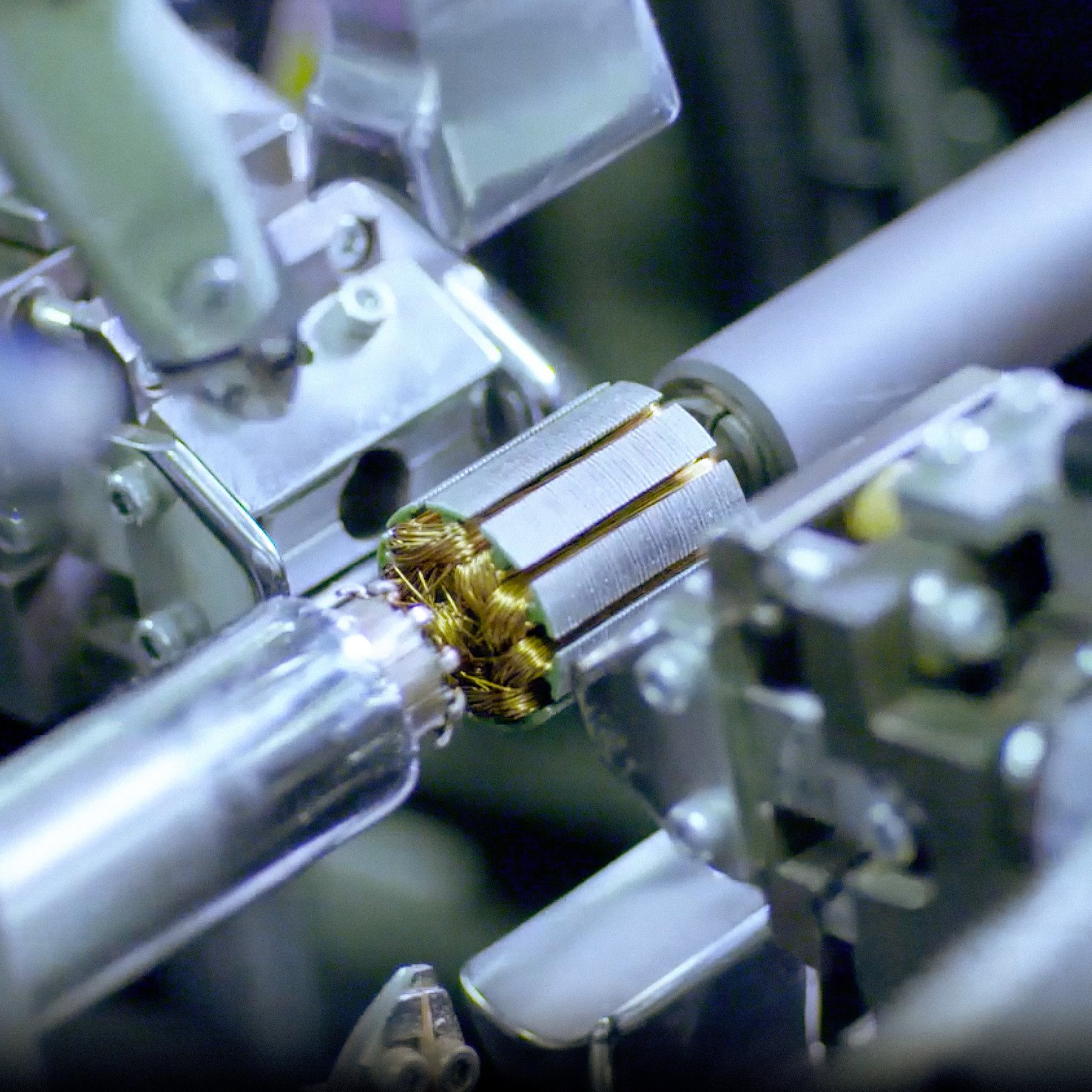
Around the world, there’s an understanding that EVs are a great tool for carbon neutralization, that they can be used for the betterment of the environment.
And there he stayed, aside from a five-year stint as Chief Representative of MITSUBA Hungary, until he made the move to MITSUBA India (established in 2001) for the challenge of a lifetime.
“We are a Japanese company and as such, we’re mostly focused on reducing our defects and rejections,” he explains.
“When we work in an Indian environment as an Indian company, it’s on us to use the creativity and skills of our Indian employees to the greatest extent. If we can fully optimize those talents, it will be for the better growth of our company, and that’s a big part of my role now.”
Electric shock
Another part is dealing with the ever-growing shift to carbon neutrality within the business community. As a manufacturer of EV parts, Ichikawa has a firm understanding of his role in the movement.
In fact, this is inscribed in the MITSUBA Vision 2030, a mission statement that commits the company to providing optimal electrification solutions in service of a carbon-neutral society. Every business opportunity that presents itself globally, be it electrical automotive components, electrification of driving sources or a commitment to reduce the carbon footprint of the company’s sizable supply chain, will be undertaken in service of the Vision.
Given the company’s humble beginnings – the bicycle generator lamps – the idea of MITSUBA helping to put a fleet of green-powered cars on the roads of tomorrow is an incredible leap to make.
“Around the world, there’s an understanding that EVs are a great tool for carbon neutralization, that they can be used for the betterment of the environment,” he points out.
“Globally, EVs are growing in capacity. The Indian government is promoting EVs to be sold in the market, and customer demand is growing for EVs and EV conversions. Since everyone is moving rapidly in the direction of EVs, we want to do the same and at the same speed.”
Determining precisely how to achieve that is something that occupies a fair amount of Ichikawa’s time.
“There’s the possibility of a raw materials shortage as everyone flocks to EVs,” he cautions. “So having the right supply chain in place would help a great deal.”
Team effort
This is where Ichikawa’s years in MITSUBA’s purchasing department become a significant advantage. A manufacturer of MITSUBA India’s size and stature has a powerful network of partners and suppliers, all of whom have been evaluated by his keen eye.
“I spent most of my career with MITSUBA in purchasing, which is mainly dealing with suppliers,” he says. “I’ve made many visits to our suppliers and carefully audited them because we believe the supplier is a key aspect of our success.”
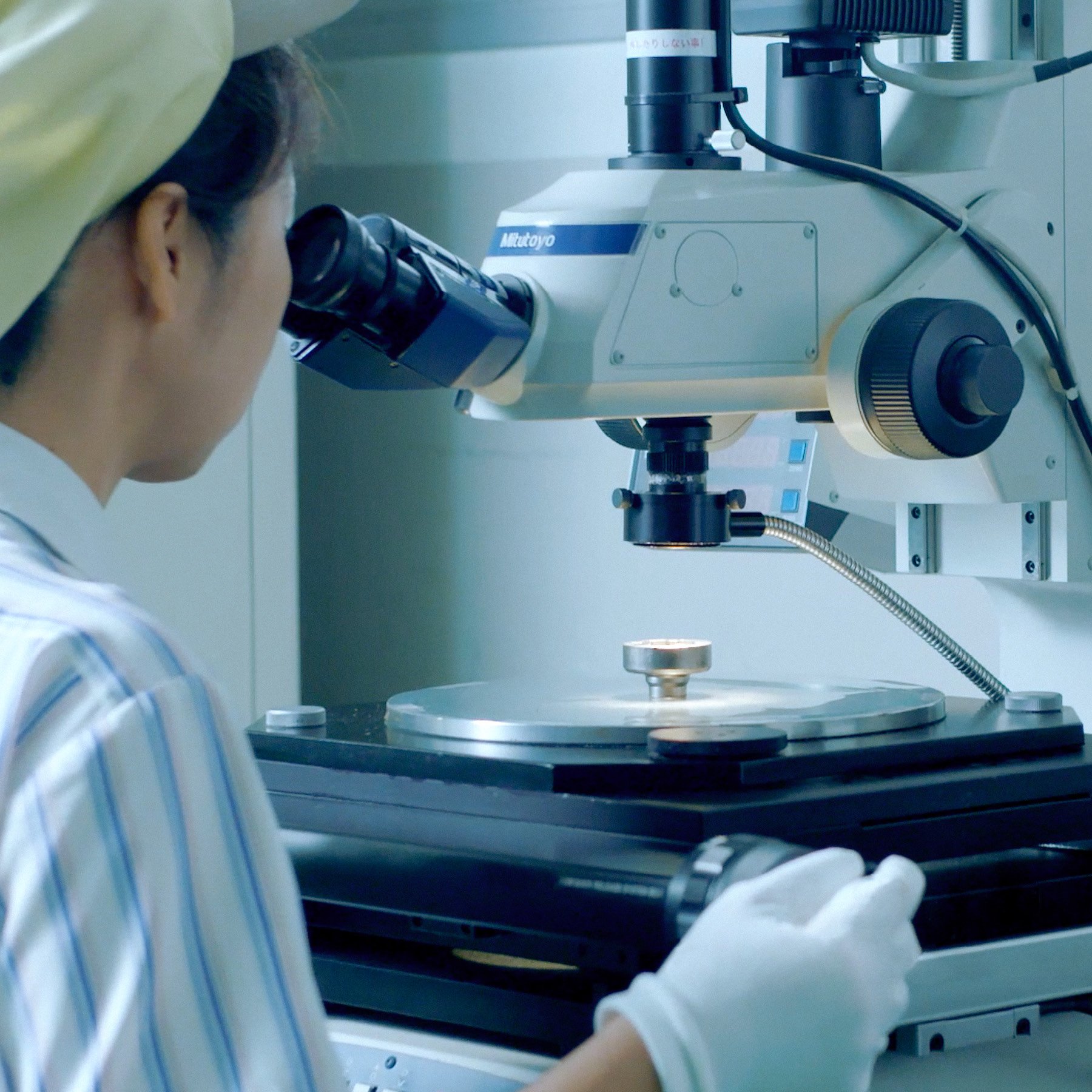
We’re always working to improve our relations with our supply chain partners.
There are a multitude of suppliers in MITSUBA India’s corner, and Ichikawa believes each one is a crucial piece of the bigger picture.
“They’re all important, they’re all experts in their field, but each is completely different,” he says. “So Ferro Resources, which provides our magnets, is a world away from Venus Stampings, which provides electrical laminations. Different services, different challenges.”
And yet MITSUBA India’s response is the same, no matter what challenges its suppliers face, Ichikawa adds.
“It’s extremely important to improve our partners and support them whenever they’re facing technological issues or delivery delays,” he stresses.
“We give them detailed instructions, improve the frequency of our communication and support logistics or supply chain problems. We’re always working to improve our relations with our supply chain partners.”
From Precision Wires India’s magnet wires and the forged and machined components of Bhagwan Auto Products to SAN Automotive’s pressed components and Mass Auto Components’ wire harnesses, many of the companies supporting MITSUBA India’s inventory are local, giving the multinational a regional edge.
“We’ve tried our best to localize our suppliers and products,” Ichikawa says. “Out of our suppliers, two-thirds are local and one-third is global, including our group companies.”
Effective treatment
The treatment of MITSUBA India’s external partners mirrors the way Ichikawa treats his internal teammates and colleagues.
“I follow the philosophy of ‘treat others how I want to be treated’,” he reveals. “It’s simple but it’s effective.”
This is in keeping with the overriding codes of practice that inform MITSUBA’s dealings the world over. The MITSUBA WAY is at the heart of the company’s approach to business and consists of three pillars: Creating a Vision; Challenging Spirit; and Skill and Speed.
Skill and Speed relate specifically to improving skills and enhancing operations, while Challenging Spirit has more to do with self-improvement, role awareness, teamwork and self-motivated growth.
Creating a Vision has perhaps the most interesting idea at its core – for the word ‘MITSUBA’ to be shorthand for harmony between technology, society and the environment. Given the company’s current work to find a niche in the EV movement and the three-leaf origin of the MITSUBA name, it seems as though this goal is well within reach.
Together, all three pillars have formed the backbone of Ichikawa’s time with MITSUBA India and have achieved the desired result of improvement. After 40 years with the company, the MITSUBA WAY remains an indelible part of his daily life.
“I spend most of my daily schedule thinking of ways to work smarter,” he says. “For instance, I’m involved in many meetings throughout any given week. They’re long – so long, that if they were shortened, people could better spend that time improving the productivity of the company. So that’s something I’m reviewing.”
Time is an asset that has taken on new meaning for Ichikawa during his assignment in India.
“I understand that my time must be utilized properly for maximum productivity, and that should be the same for others too. We should all be managing our time and improving workflow and productivity,” he suggests.
“How we can use the 24 hours we get each day to enhance our output is something I think about quite a lot.”
Given MITSUBA India’s prodigious output is infused with the parent company’s belief in “creating our own production lines”, it’s hard to see how much more this could be improved. The company prides itself on developing proprietary production equipment and tools, many of which involve cutting-edge technology or close collaboration with partners.
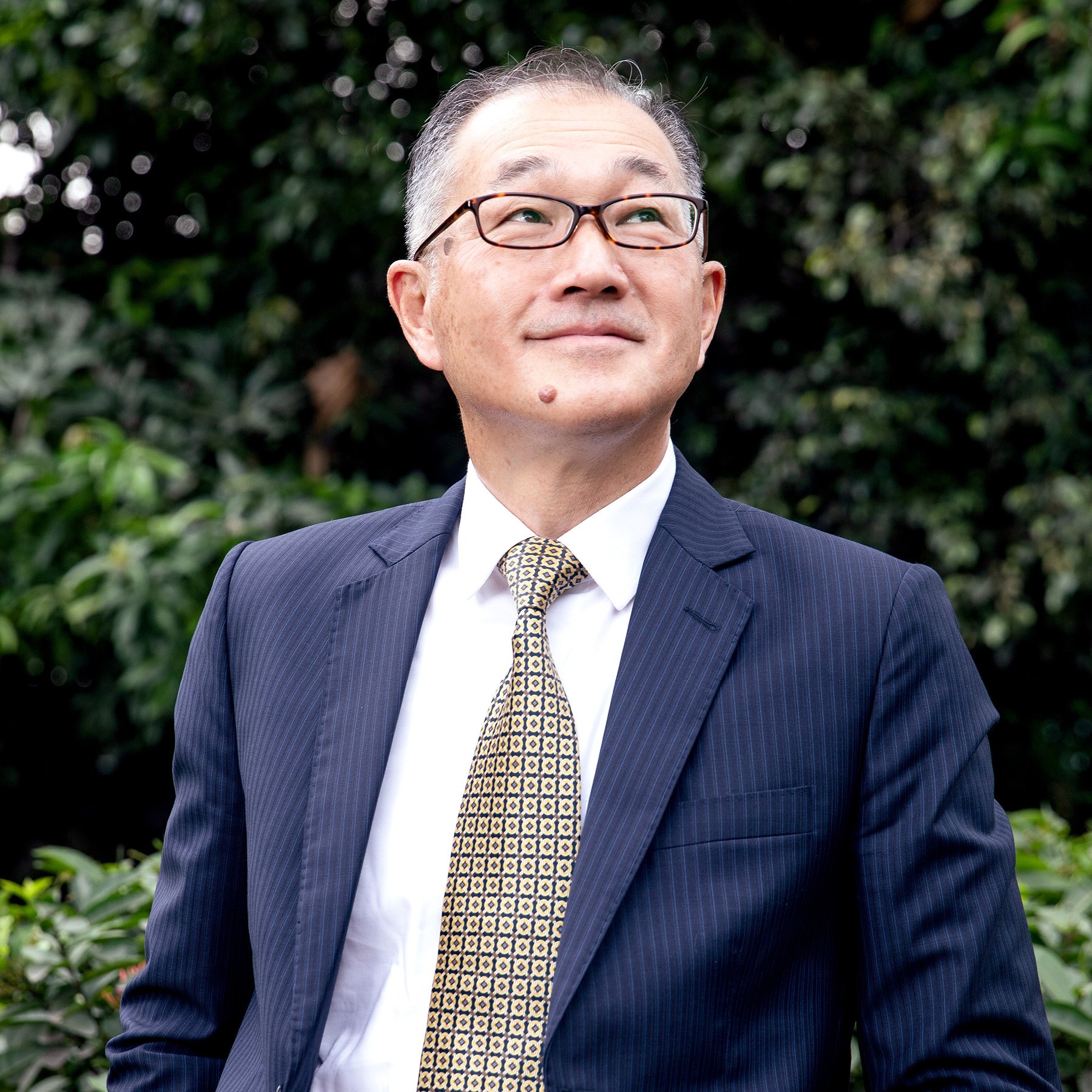
We work in an environment of collaboration and cooperation and in doing so, provide a safe, happy environment for all our stakeholders.
Worldwide, the MITSUBA family also shares and shares alike. Ideas that begin in Vietnam or China are further developed or even perfected in Mexico and India, and vice versa. The entire network reaps the benefits of any one discovery or improvement, making MITSUBA a truly global company.
However, that long reach can be a double-edged sword. Ichikawa’s remote assignment has had its downsides as well. His family remains in Japan and communication is largely done electronically.
“I live here in India alone,” he admits. “I talk to my family through social networking sites and I like to play golf with other MITSUBA expats on weekends.”
Although he’s Managing Director of MITSUBA India, Ichikawa says that outside of office hours, he does the same jobs as anyone else. “I cook, I wash dishes, I have my daily routine. That’s life.”
This humility is, in his opinion, a key factor of the MITSUBA WAY that helps set the company apart within its chosen field.
“Our corporate philosophy takes into consideration our employees, our suppliers and our customers,” he says.
Clear sight
And that’s just inside. Out in the world, where MITSUBA’s products power or assist vehicles of all shapes and sizes on any number of roads, the company’s unwavering commitment to safety, convenience, comfort and environmental concerns benefits everyone.
It’s an exciting time for the automotive industry, as well as a time of great uncertainty. As EVs continue to replace traditional fuel engines, companies on the fringe of car-making – MITSUBA included – are going through periods of self-reflection to work out their place in the new normal.
With ahead-of-the-curve thinkers like the MITSUBA India team on side, the Japanese parts giant has a clear vision for the future. For a long time, it was thought that cars could not run without fuel; in a time when that’s entirely untrue, Ichikawa is determined to make sure cars are still unable to run without MITSUBA India’s products.
“How and where to sell our products to the Indian market is one of our biggest challenges,” he reflects, adding that it’s a challenge he takes on with the entirety of MITSUBA India and its partners.
“We work in an environment of collaboration and cooperation and in doing so, provide a safe, happy environment for all our stakeholders. If we’re doing that, we’re doing well.”
